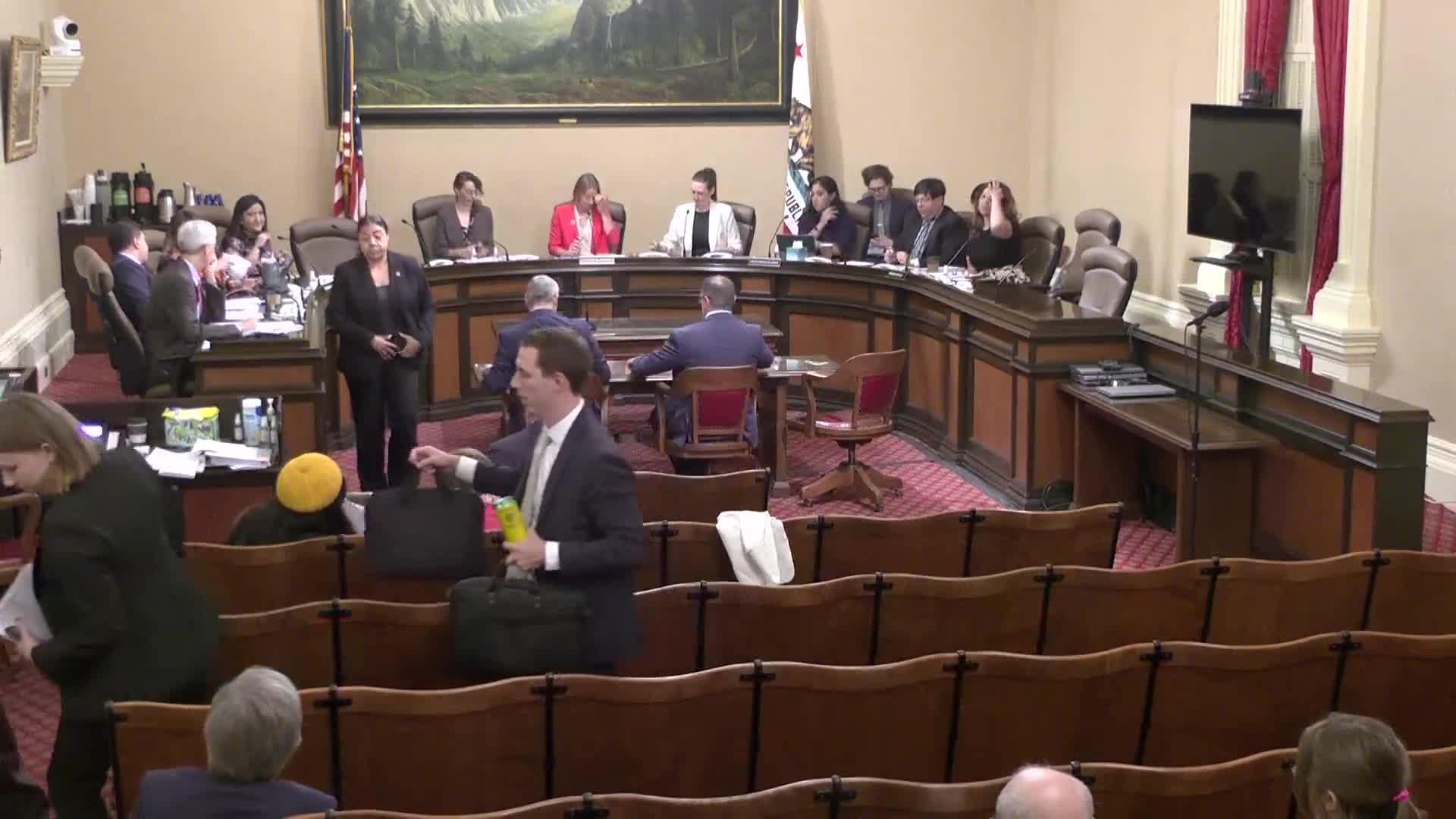Article not found
This article is no longer available. But don't worry—we've gathered other articles that discuss the same topic.
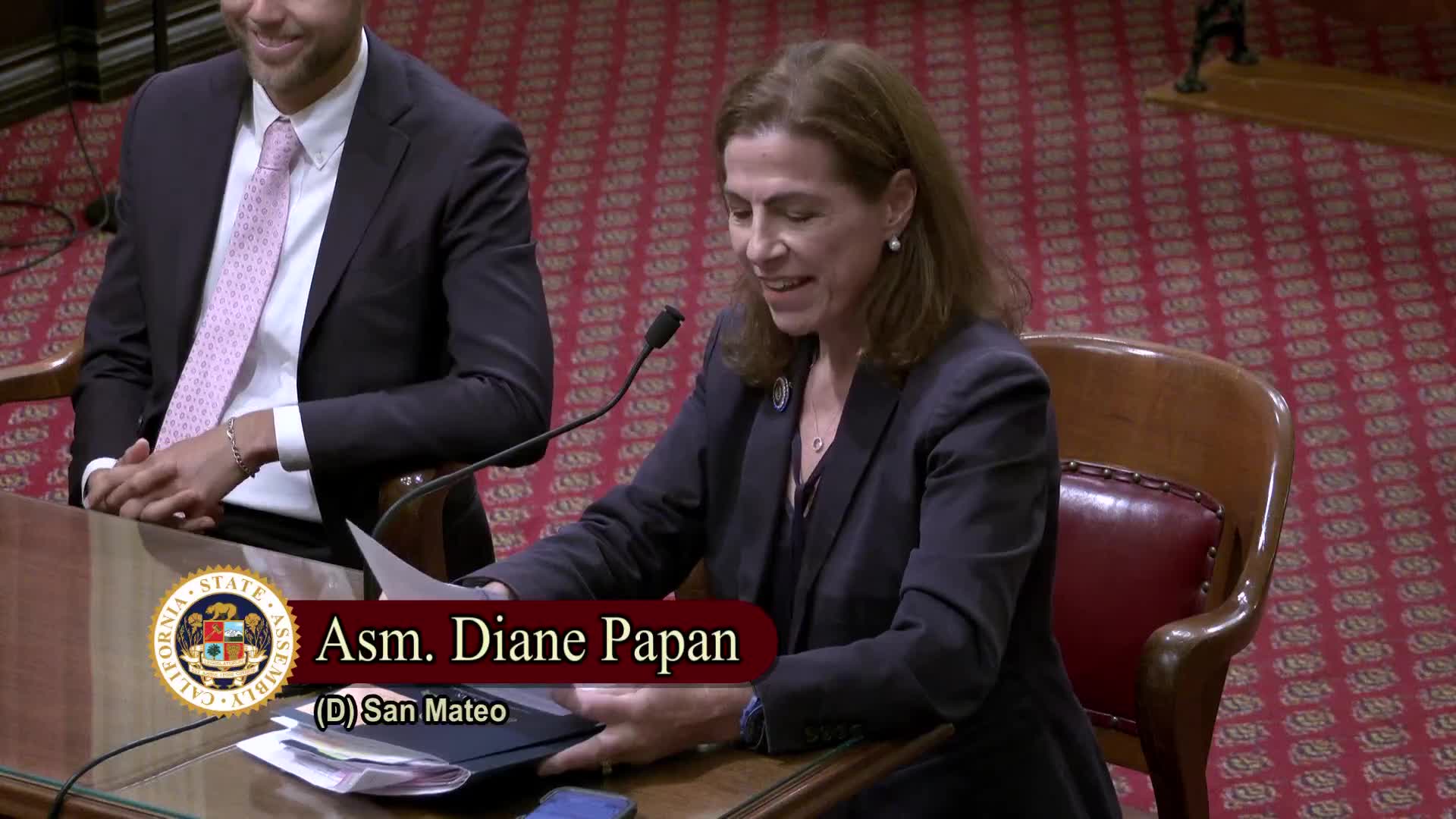
Geothermal exploration bill draws debate over CEQA exemption, tribal and water concerns
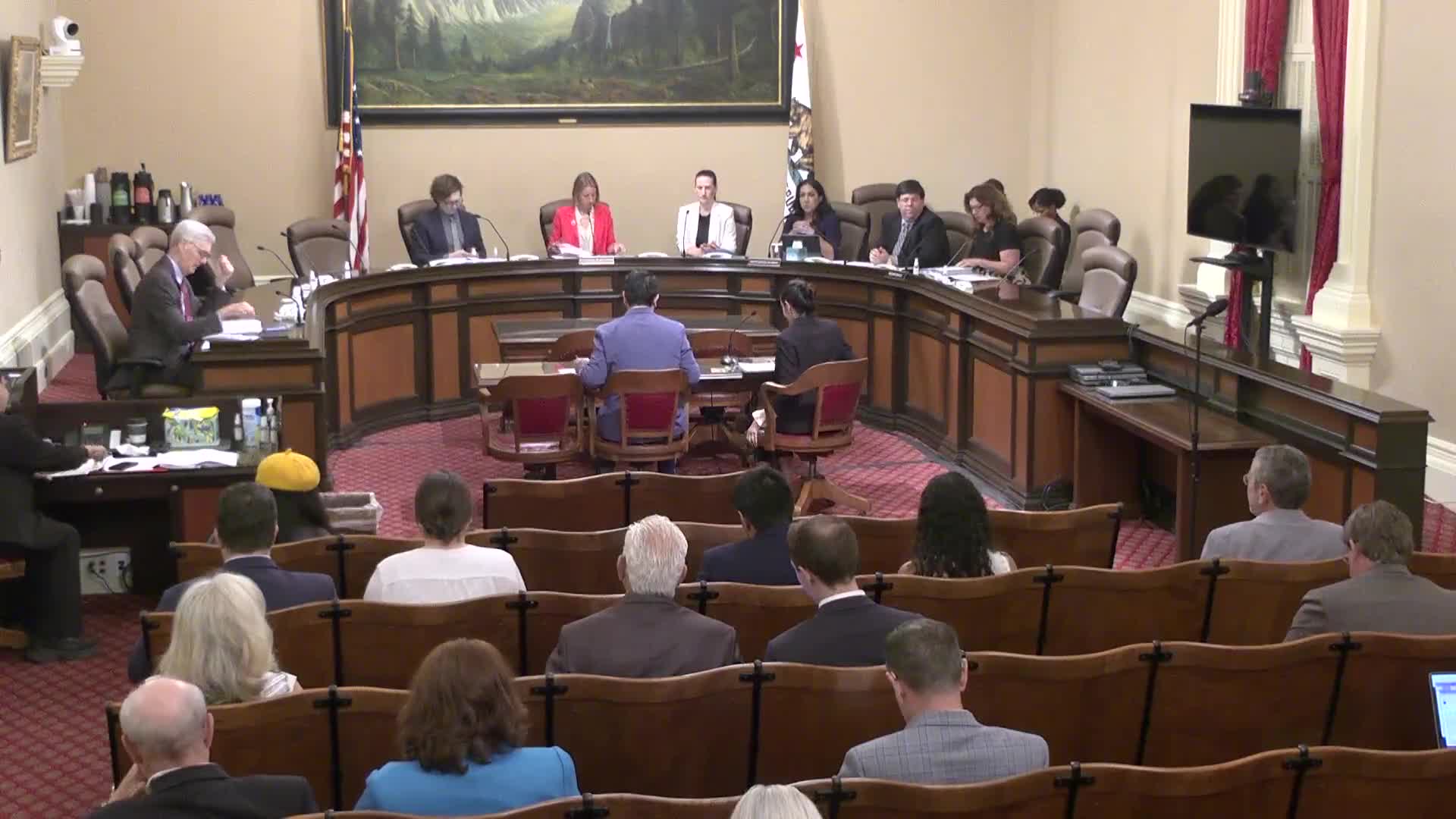
Bill would allow qualified alternates on San Diego County Air Pollution Control District board
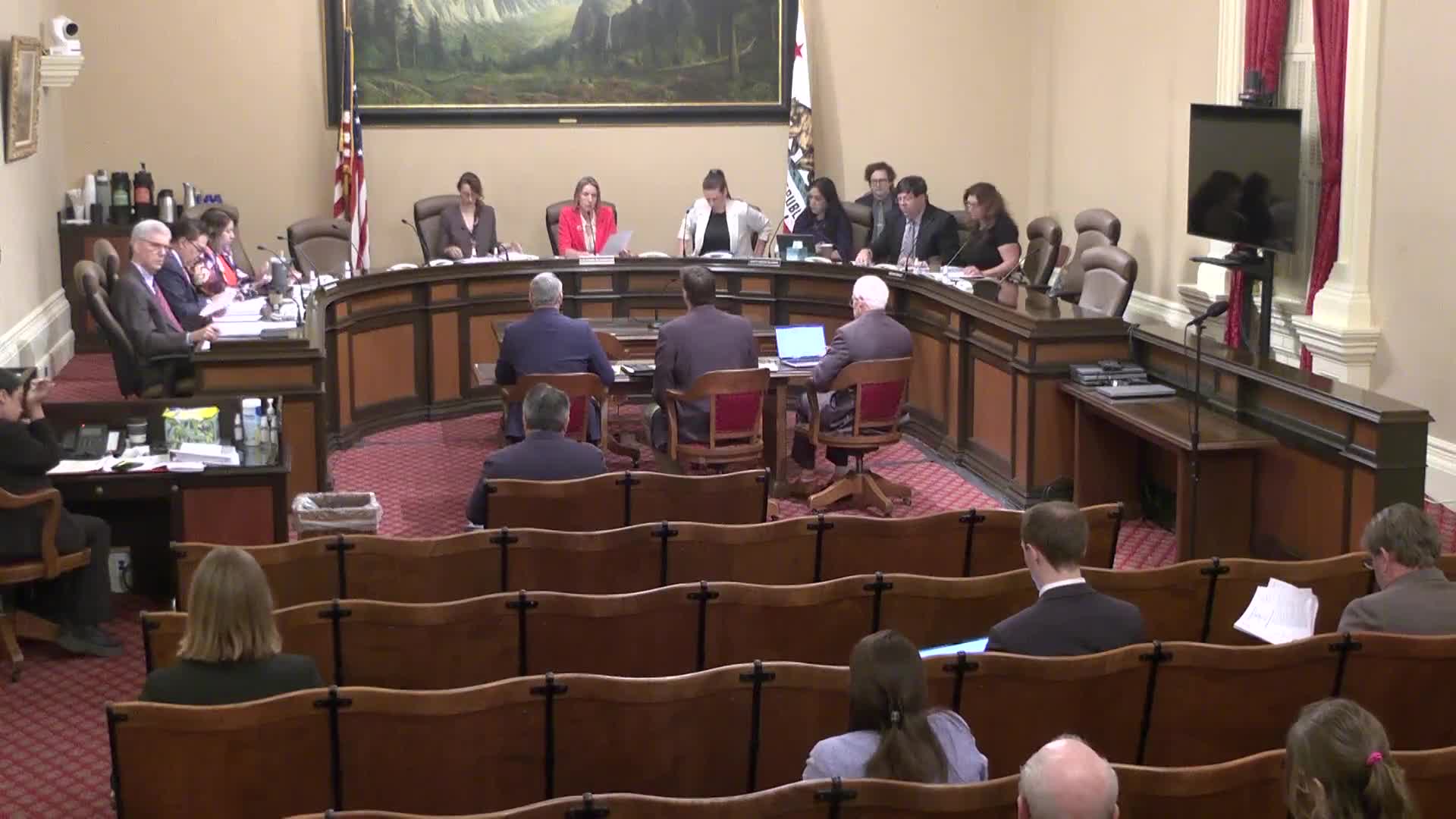
AB 1139 would let counties open adjacent acquired lands to low‑impact public access under conditions
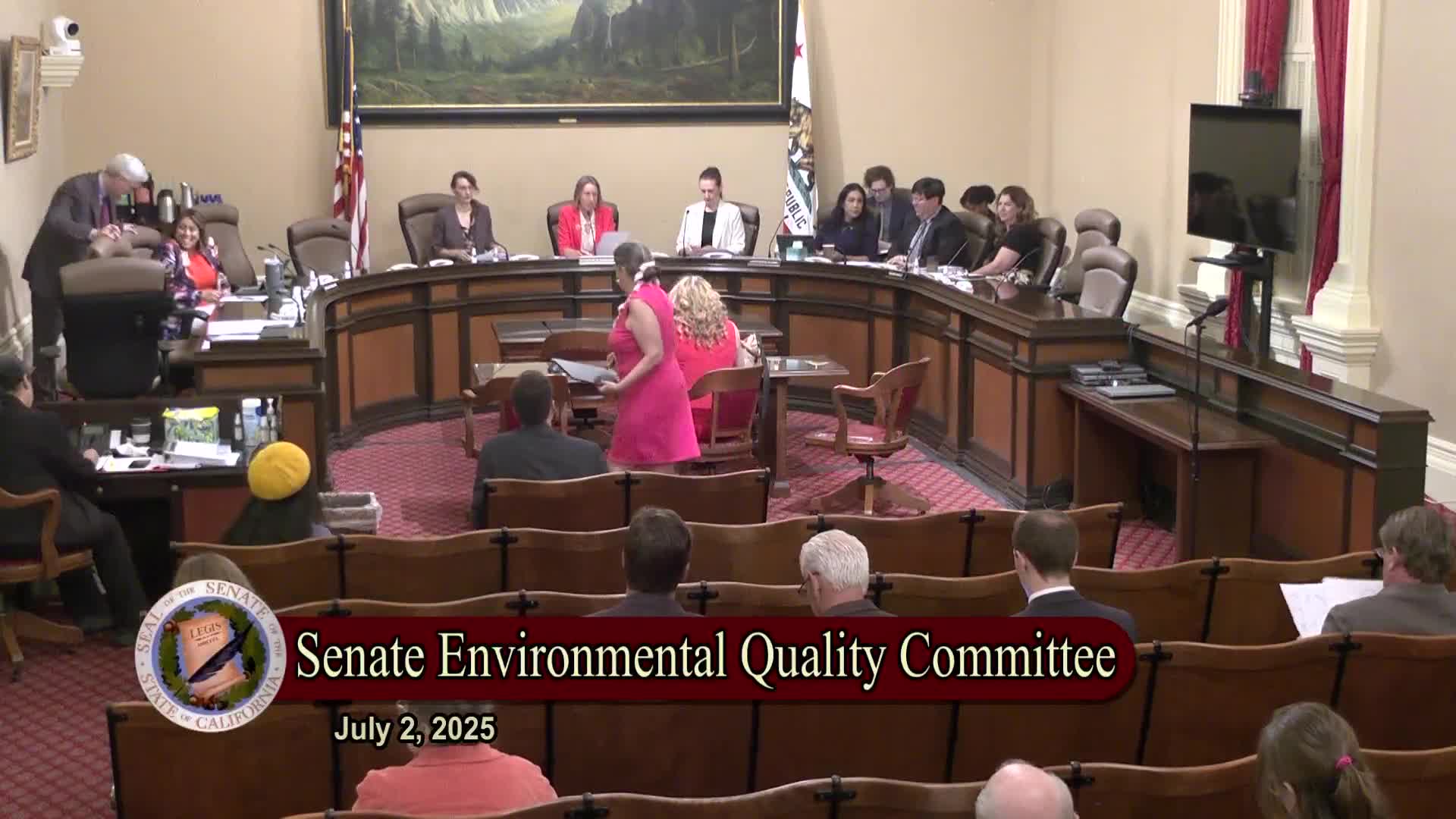
Bill would ban plastic microbeads and intentional microplastic particles in personal care and cleaning products
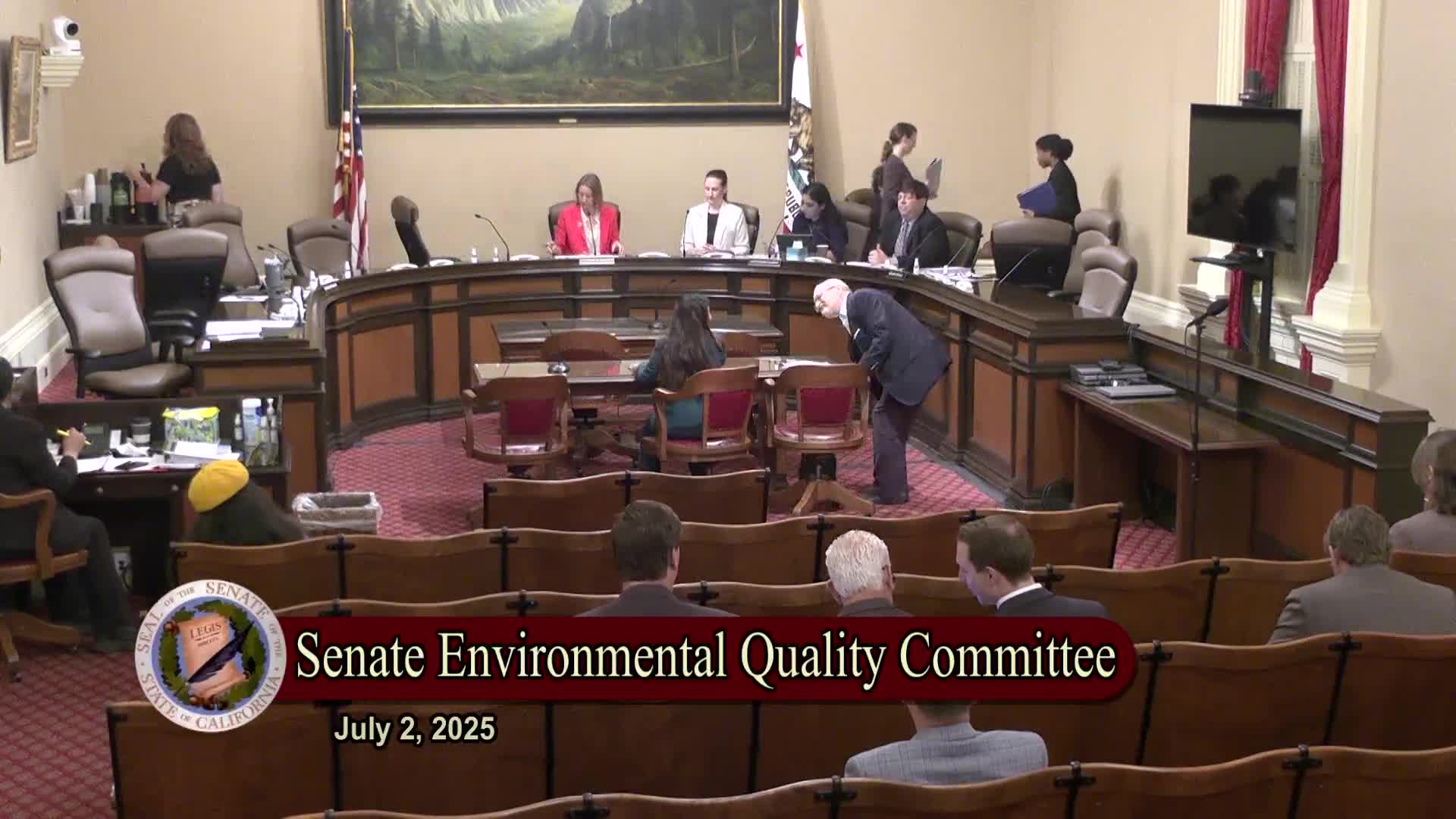
AB 455 would require updates to a property disclosure handbook about third‑hand tobacco smoke, sponsor says
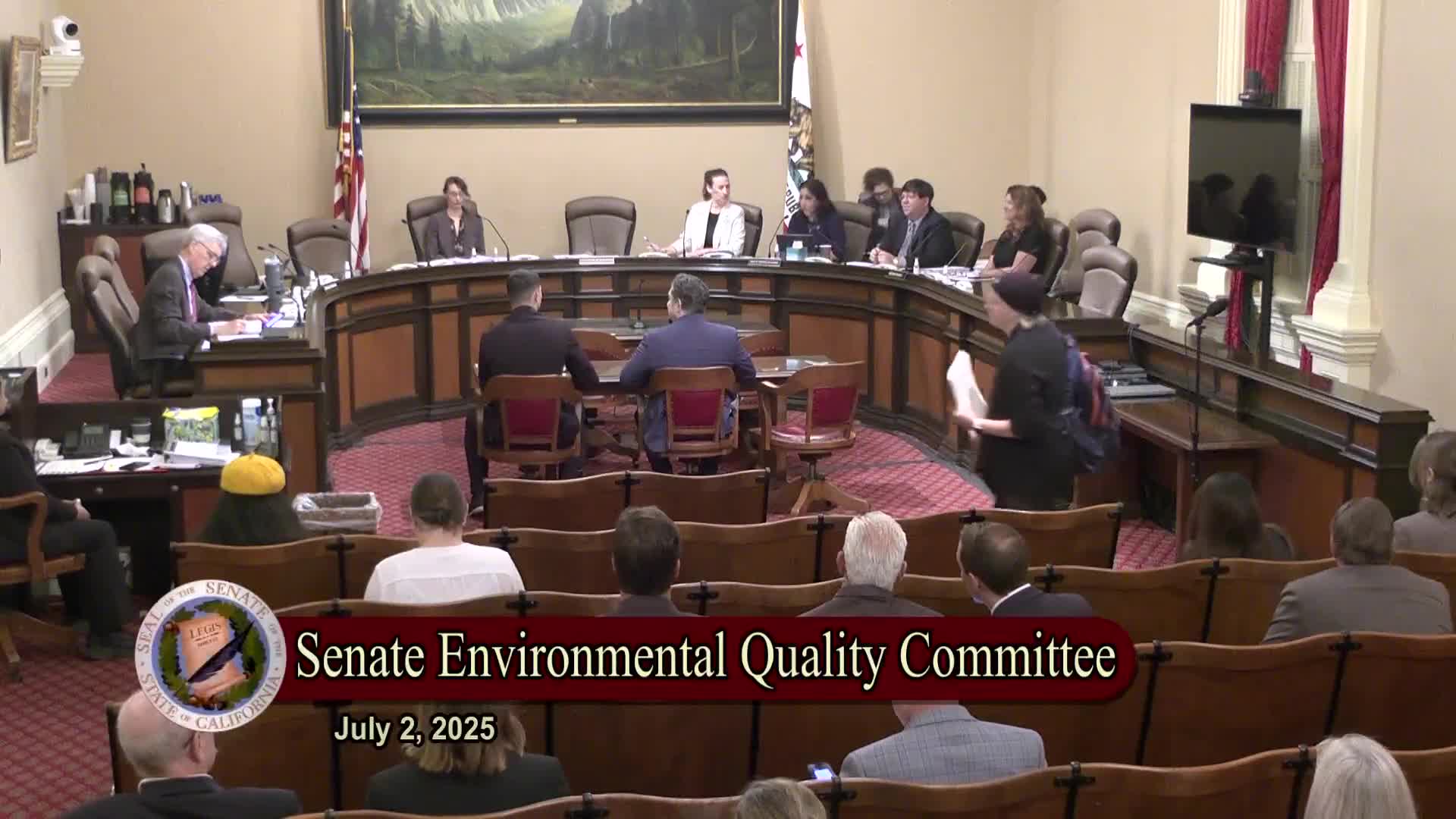
Bill would let local agencies use targeted CEQA exemptions to build emergency evacuation links
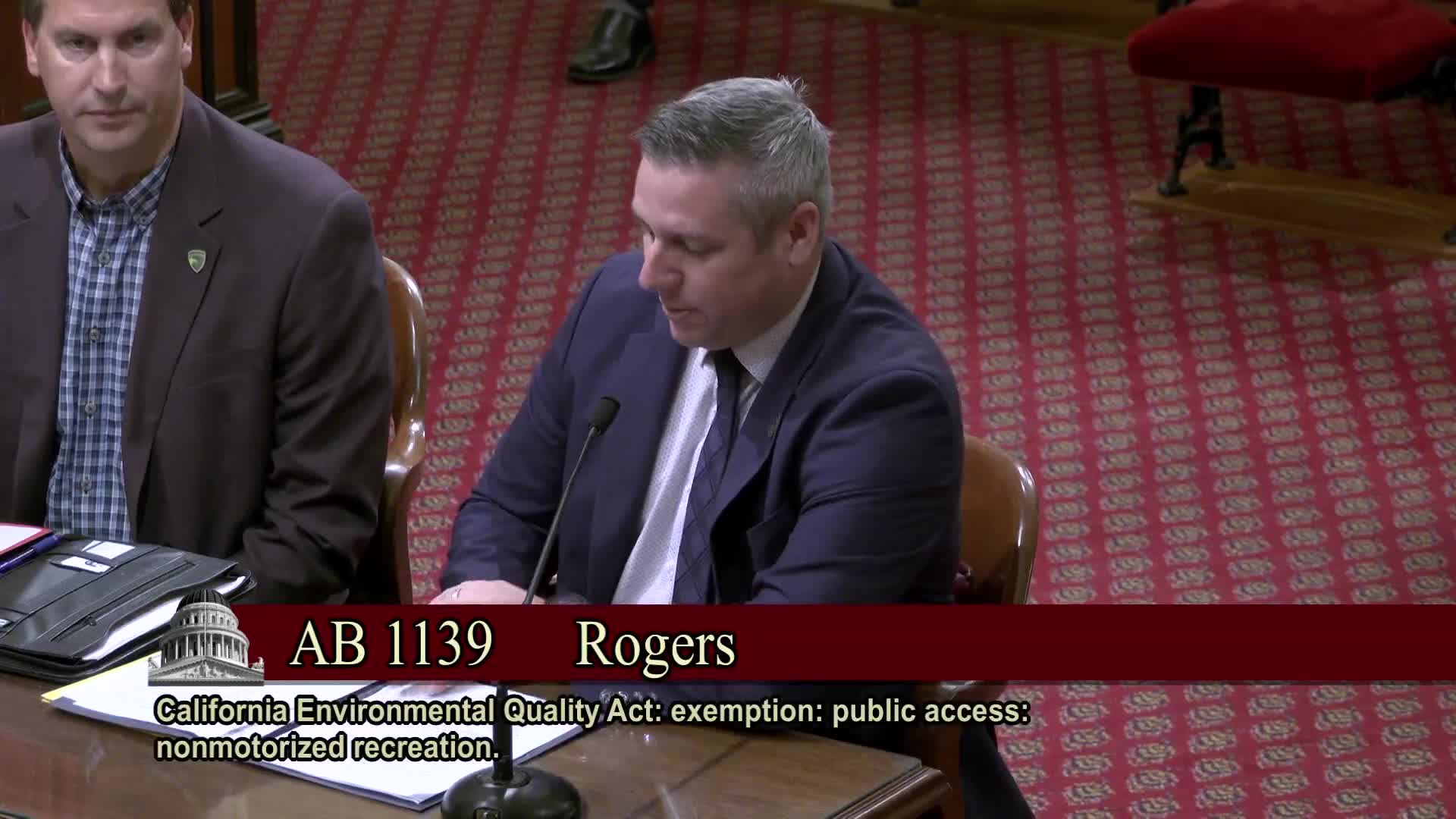
Senate panel hears bill to allow E15 gasoline sales in California
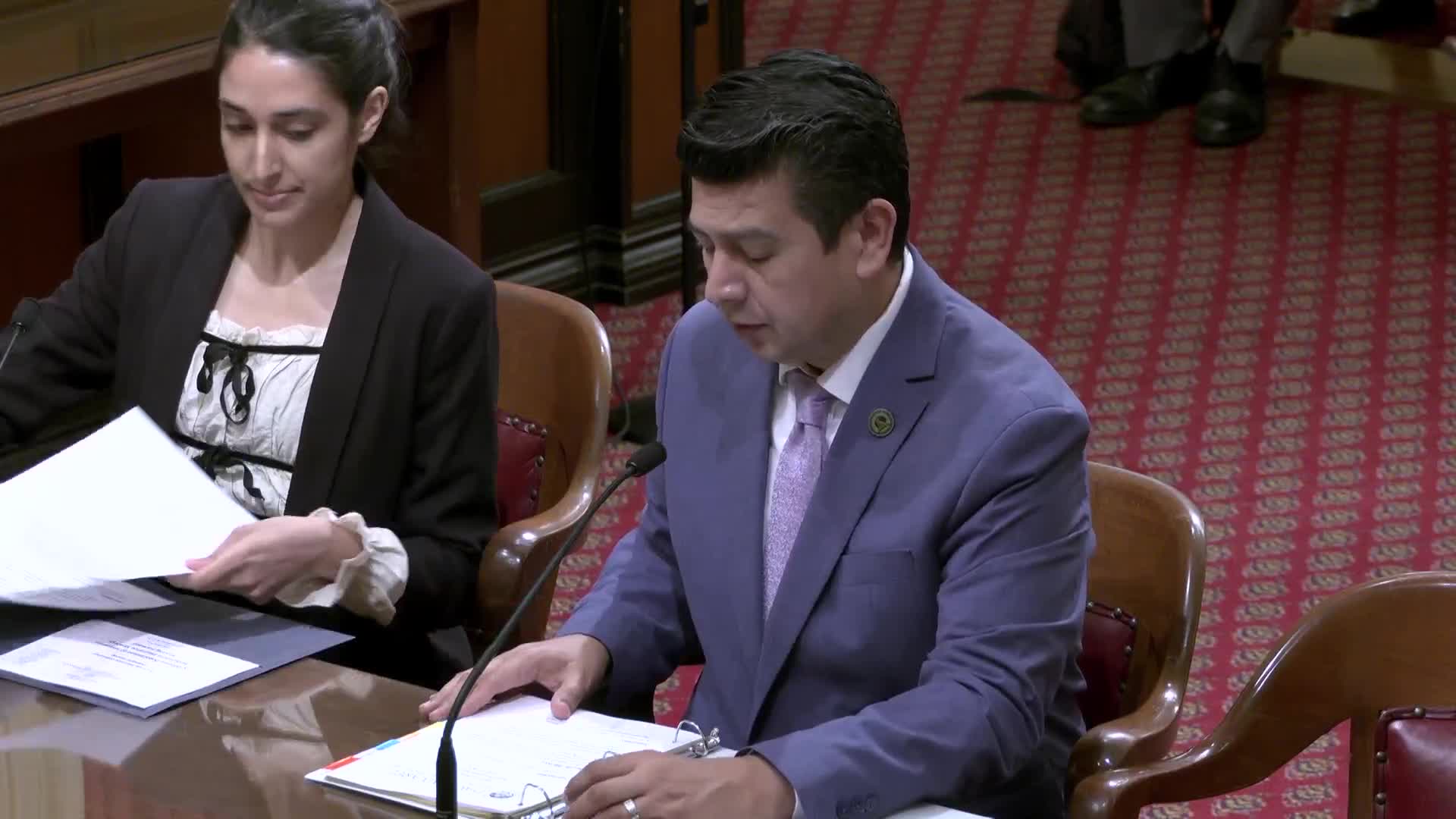
Bill would restrict synthetic nitro musks in personal care products, sponsors say it follows EU precedent
